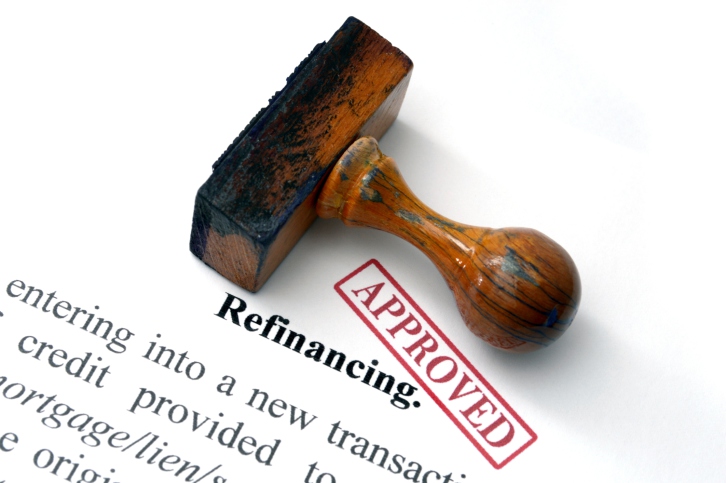3 Great Homebuying Tools Millenials Have Available to Them Right Now
 The economy seems to be heating up rapidly, but home loan interest rates are still at historically low levels. Real estate values have climbed a bit across the country, but low interest rates and affordable prices makes for an excellent opportunity for new homeowners to get into their first home before it rates and prices rise higher.
The economy seems to be heating up rapidly, but home loan interest rates are still at historically low levels. Real estate values have climbed a bit across the country, but low interest rates and affordable prices makes for an excellent opportunity for new homeowners to get into their first home before it rates and prices rise higher.
According to the recent studies, there were 4 consecutive quarters of homeownership growth where new homeowners outpaced new renters. The solid economic fundamentals are likely responsible for creating this excellent home buying environment.
Over the past year, Millennials seem to be on board and helping to drive the upward trend. They represent the next generation of homebuyers, and as this group is getting older, they are getting married more frequently. They are also starting families which tend to encourage the idea of home ownership. In fact, a recent analysis showed that home ownership is 30% higher among married couples than non-married couples.
Specifically, low unemployment numbers and a progressively aging pool of Millennials with a desire for home ownership appear to be driving this trend. US homeownership actually increased over 2017 to an unadjusted rate of 64.2%, which was a significant uptick from the previous year at 63.7%.
Here are a few very helpful tools are still available for new buyers:
- Any homebuyer with military status can take advantage of Veterans Administration loans with far better rates than the normal market, making mortgage payments cheaper.
- Those buying in rural areas can take advantage of rural homebuyer’s assistance programs provided by the U.S. Department of Agriculture to help people move to small towns and similar communities.
- The Housing and Urban Development Agency provides HUD loans that make it very affordable for those with limited income to purchase HUD-owned homes as first-time buyers and get into real estate.
Of course, the big response from Millenials is how do I earn more to even get started. Like Generation X folks before them, Millenials can’t wait for a job to be made available on a platter.
While looking, many smart folks have started their own businesses online or in their local marketplace. If a current job is enough to cover current bills, a second income can be entirely dedicated to saving, which can generate thousands of dollars quickly.
Even a part-time second job that creates $1,000 a month produces $12,000 a year and in two years enough for a sizable down payment.
If you have questions about buying your next home, give us a call. We’d be happy to help!
 Whether you are purchasing a new home or you are considering applying to refinance your home, chances are the lender will require an escrow account. These accounts are often a source of confusion for homeowners. In reality, these accounts benefit the homeowner and help protect the lender.
Whether you are purchasing a new home or you are considering applying to refinance your home, chances are the lender will require an escrow account. These accounts are often a source of confusion for homeowners. In reality, these accounts benefit the homeowner and help protect the lender. Refinancing a mortgage is a golden opportunity to lock in today’s low interest rate for the next 15 or 30 years. While interest rates now are still low, there’s a good chance they may be heading up in the coming months.
Refinancing a mortgage is a golden opportunity to lock in today’s low interest rate for the next 15 or 30 years. While interest rates now are still low, there’s a good chance they may be heading up in the coming months.